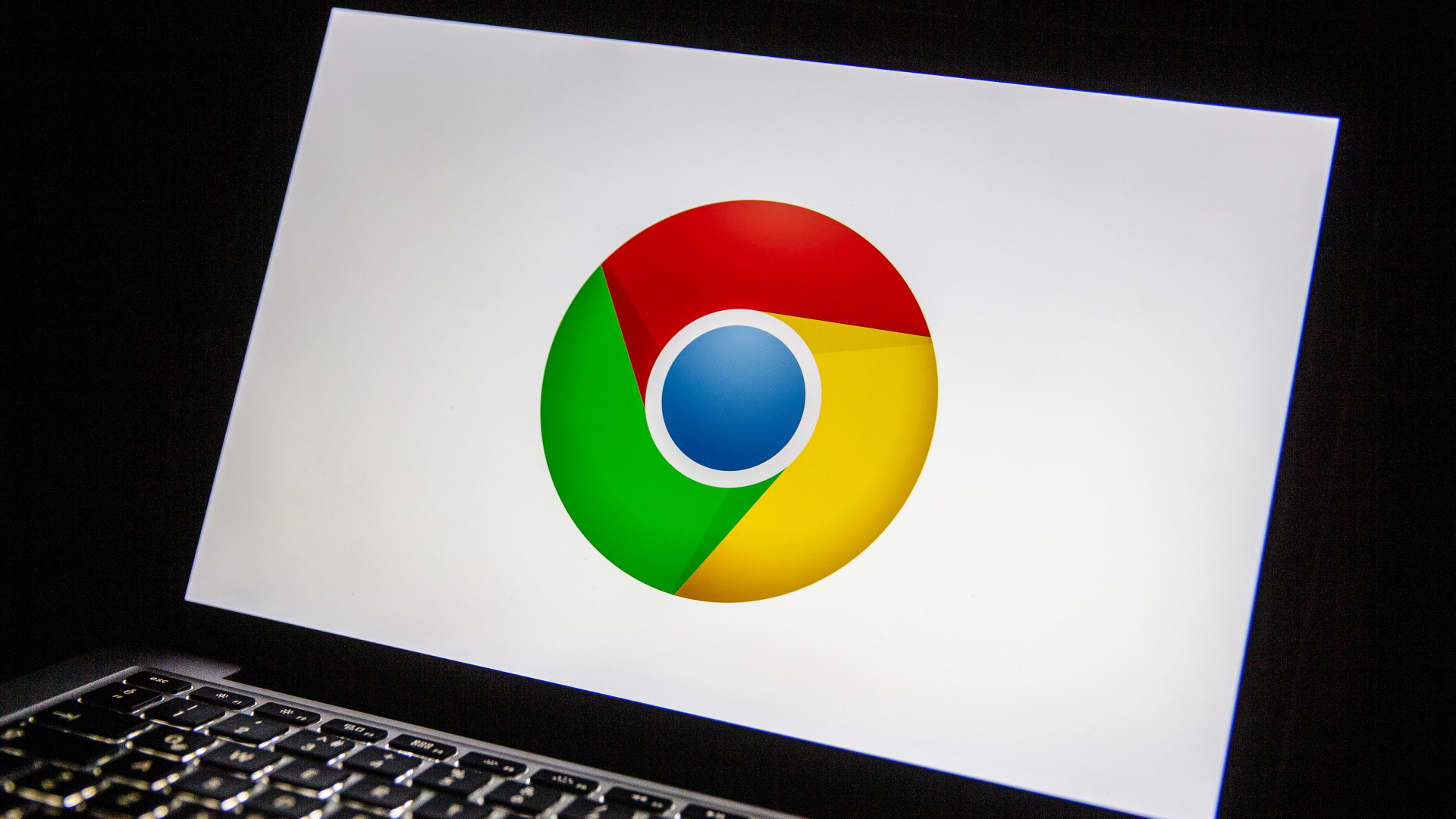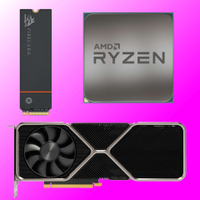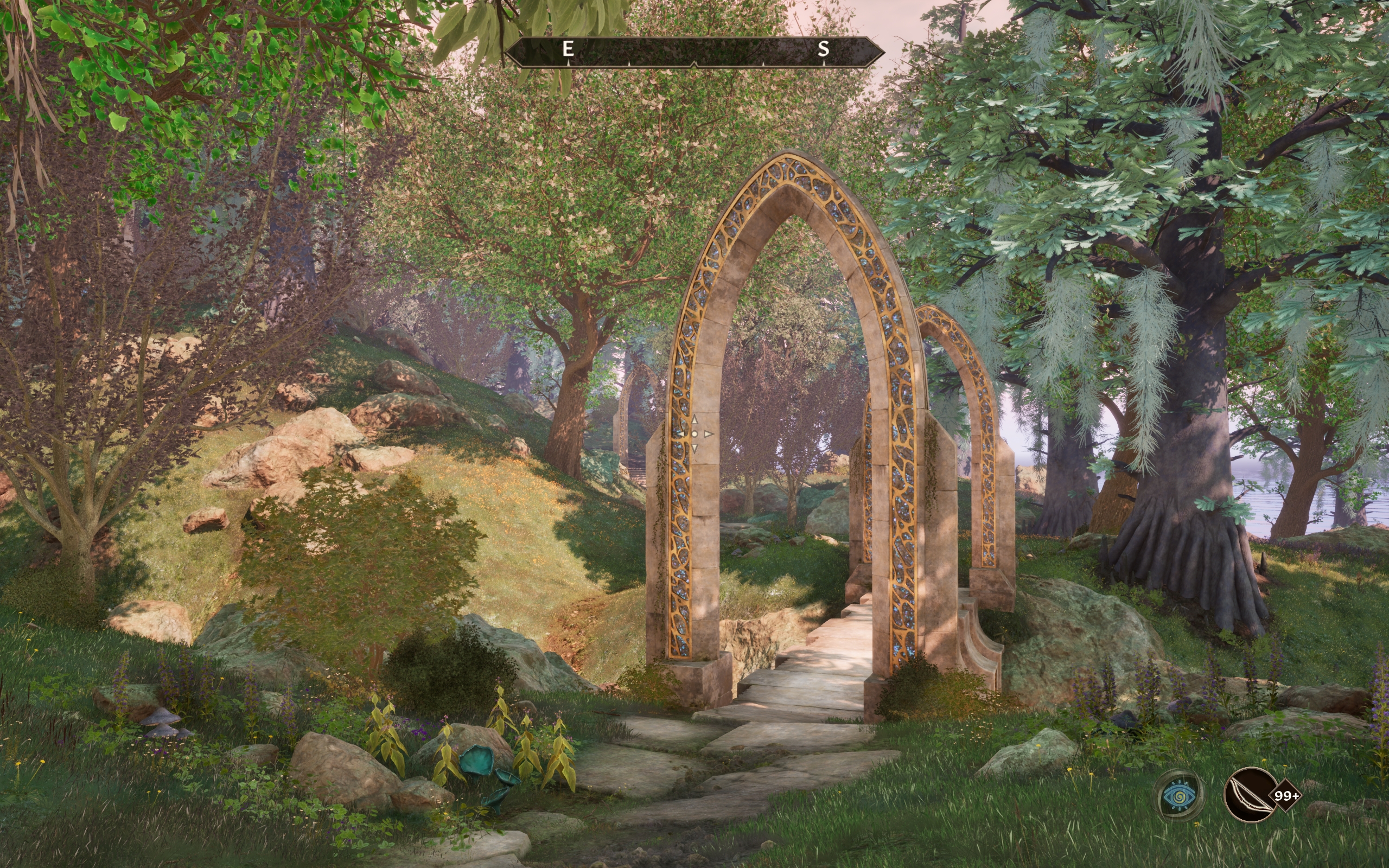Google's dominance in decline as its overall share of online search dips below 90% for the first time in a decade, and its desktop PC share is now below 80% and falling fast
Is deGoogling the next big thing?

Google's share of online search is on the slide according to Statcounter (via Tuta). Google's overall share of web searches has fallen below 90% for the first time in a decade. But it's doing even worse in certain categories and territories, including desktop PC users and in Europe, both of which have dipped below 80% share and are falling fast.
Of course, Google still dominates search, but these numbers are very significant. As Tuta reports, with roughly five billion internet users, a shift of just 1% means 50 million people changing their search habits.
Drilling into some of the specifics, Google currently sits at 89.71% overall web search share. The last time Google was below 90% was exactly 10 years ago, with an 89.52% share in March 2015.
If you zoom out and look at the timeline back to 2009, the earliest date for which Statcounter has figures, it doesn't look like a precipitous drop. However, some of the more granular data implies a fundamental shift away from Google could be underway.
For instance, while Google's share of mobile search has remained extremely dominant at around 94%, its share on the desktop is nosediving. Currently sitting at 79.14%, Google had 87.65% share as recently as May 2023.
Similarly, Google's market share in Europe has been falling even faster, dropping from 87.08% in May 2023 to 77.78% for the most recent data. So, the question is, why is this happening? In Europe, there's reportedly a recent trend to move away from US tech services to European-based alternatives.
But more generally, the quality of Google search results and the increasing use of AI may be part of the explanation. To précis the broad sentiment on the subject on Reddit, "searching anything on Google returns maybe one or two real results per page. The rest is AI and ad garbage."
The biggest gaming news, reviews and hardware deals
Keep up to date with the most important stories and the best deals, as picked by the PC Gamer team.
In other words, the increasing population of the top of the search results list with AI-generated summaries, plus ads, videos and images, means that what you might call "organic" results with links to actual websites are being pushed ever further down the page.
What's more, Google also seems to be diluting the impact of various search operators, such as quotes, the "-" sign for excluding terms and the site: operator, making it harder to narrow down results and filter out the junk.
On an anecdotal level, I've personally been shocked by the extent to which Google search results will now serve sponsored links from scam websites. Google's policing of its search ad customers seems to be very, very light touch at best.
Google still has a very long way to fall before it loses its status as by far the biggest player in search. But these figures are the first chink in its armour for a decade. Is it too much to hope these early signs of decline might convince Google to clean its act up?
Probably. But in the long run, perhaps that will be a good thing if it drives more users away and results in a healthier search market with a number of big players instead of a single dominant and increasingly delinquent market dictator.
Best CPU for gaming: Top chips from Intel and AMD.
Best gaming motherboard: The right boards.
Best graphics card: Your perfect pixel-pusher awaits.
Best SSD for gaming: Get into the game first.

Jeremy has been writing about technology and PCs since the 90nm Netburst era (Google it!) and enjoys nothing more than a serious dissertation on the finer points of monitor input lag and overshoot followed by a forensic examination of advanced lithography. Or maybe he just likes machines that go “ping!” He also has a thing for tennis and cars.
You must confirm your public display name before commenting
Please logout and then login again, you will then be prompted to enter your display name.


